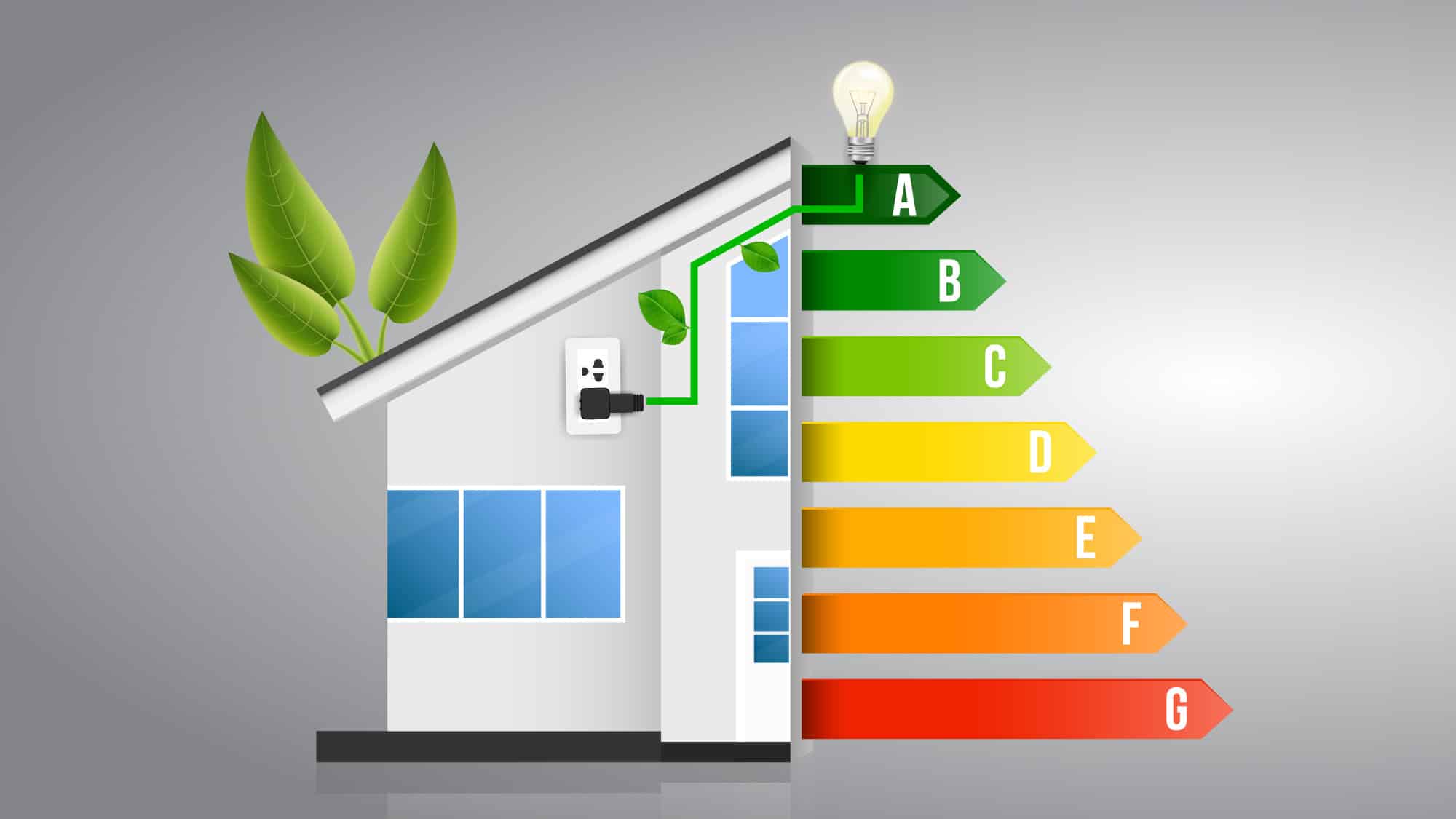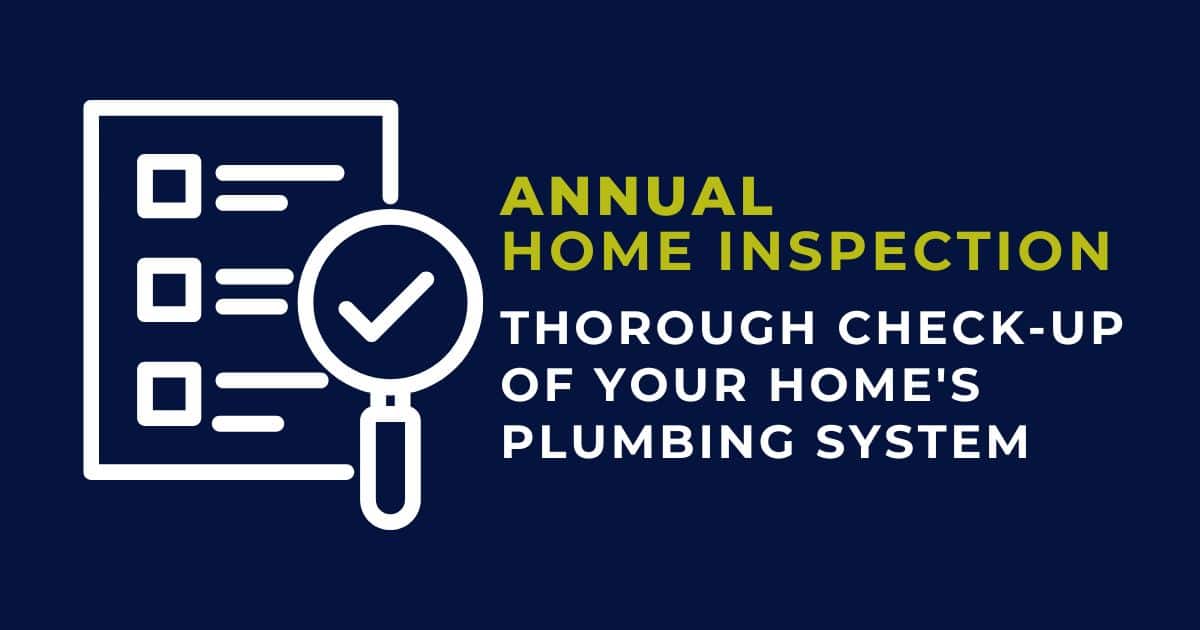
The phrase “Give someone an inch and they’ll take a mile” seems particularly relevant in the context of the Biden administration’s approach to energy efficiency regulations. While the administration’s intention to combat climate change is commendable, the recent proposal to tighten energy-efficiency standards for water heaters has sparked debates about the impact on consumers and their choices. This article delves into the proposed water heater regulations while exploring both sides of the argument.
The Push for Energy Efficiency:
The Biden administration’s Department of Energy unveiled a new set of proposed energy-efficiency standards for water heaters in July, marking another step in its pursuit of environmental sustainability. Following the administration’s focus on reducing carbon emissions and energy consumption, the proposed regulations target home appliances, including water heaters, to align with broader climate goals.
Understanding the Proposed Changes:
The proposed rule aims to transform how water heaters operate by introducing electric heat pumps as the primary heating mechanism, drawing warmth from the surrounding air. Traditional gas-fired water heaters would also face stricter standards, contributing to the administration’s push for increased electrification of household appliances. While the proposal holds potential energy savings, it raises questions about affordability and consumer preferences.
The Impact on Consumers:
As with any regulation, the proposed water heater standards have sparked concerns about their impact on consumers’ lives. The promise of long-term energy savings clashes with the reality of potential initial costs and price hikes for appliances. Critics argue that this might disproportionately affect lower-income households and small businesses, potentially limiting their access to affordable appliances.
A Question of Individual Choice:
Critics like Rep. Thomas Massie argue that government overreach is infringing upon consumers’ freedom to choose the appliances that best suit their needs. Massie highlights concerns that the new water heater technology might have drawbacks, such as longer heating times and higher initial costs. This perspective underscores the importance of balancing environmental goals with practicality and consumer choice.
Evaluating Environmental Impact:
The proposed rule’s emphasis on reducing carbon emissions raises questions about its overall effectiveness. While the Energy Department claims a 501 million metric ton reduction in carbon dioxide emissions over three decades, some experts question the significance of this impact on a global scale. Comparing emissions from different countries, such as the U.S. and China, puts the potential impact into perspective.
The Biden administration’s proposed water heater efficiency standards represent a complex intersection of environmental goals, consumer preferences, and practicality. While the intent to reduce carbon emissions and energy consumption is noble, it’s essential to consider the potential consequences for consumers and the broader economy. Balancing energy efficiency mandates with individual choice and affordability is crucial for a comprehensive approach to tackling climate change. As these debates continue, it’s important for citizens to stay informed and engage in discussions about the best path forward for a sustainable future. If you’re looking for insights on energy-efficient appliances or considering upgrading your water heater, reach out to experts like My Georgia Plumber at 770-592-0081 for guidance tailored to your needs.














